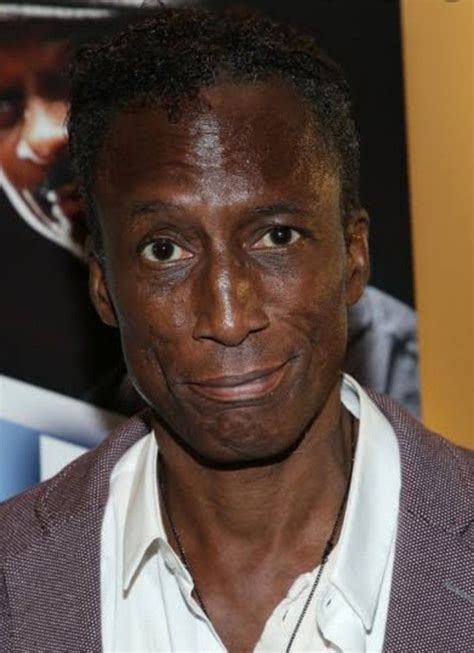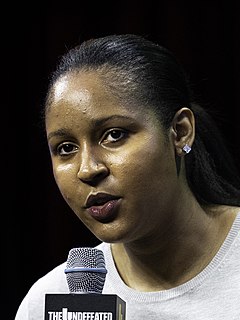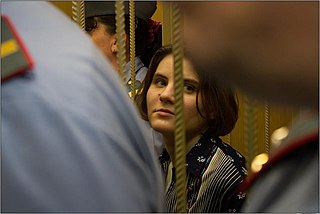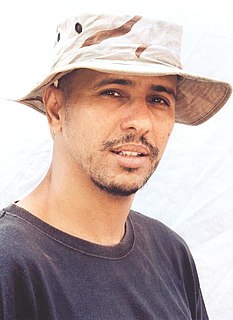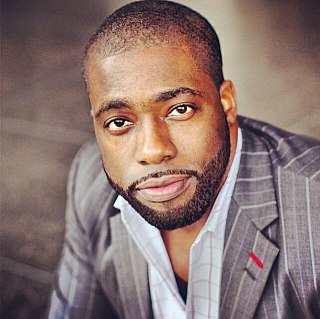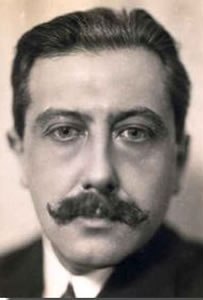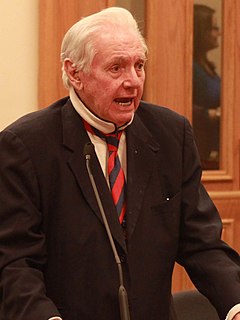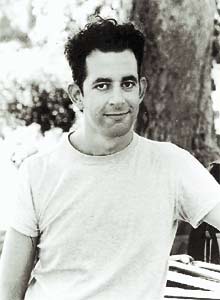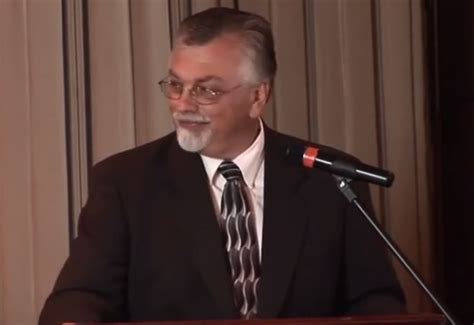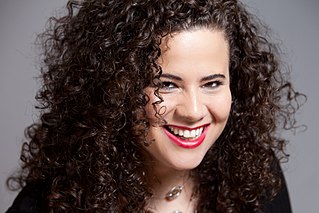Top 1200 Justice System Quotes & Sayings
Explore popular Justice System quotes.
Last updated on April 14, 2025.
The education justice movement and the prison justice movement have been operating separately in many places as though they're in silos. But the reality is we're not going to provide meaningful education opportunities to poor kids, kids of color, until and unless we recognize that we're wasting trillions of dollars on a failed criminal justice system.
I want you to understand that racial justice is not about justice for those who are black or brown; racial justice is about American justice. Justice for LGBT Americans is not about gay and lesbian justice; it's about American justice. Equality for women isn't about women; it's about United States equality. You cannot enjoy justice anywhere in this country until we make sure there is justice everywhere in this country.
The legal system doesn't work. Or more accurately, it doesn't work for anyone except those with the most resources. Not because the system is corrupt. I don't think our legal system (at the federal level, at least) is at all corrupt. I mean simply because the costs of our legal system are so astonishingly high that justice can practically never be done.
The desire to punish is a desire that emanates from a place of equality and justice. The lesson I feel that we have to confront is that that impulse is so easily transmuted into something corrosive and corrupt in how it's actually put into practice. That's the danger. It's not that the impulse is wrong or unjust or not totally righteous. It's that the ways in which the system that operates, the system that we've constructed tends to not deliver the promise of equity we might want, when we look to the system to provide it.
When I was a prosecutor in Kansas City, my job was to fight for justice and safety for all citizens in my community. Equal access to justice under the law is an American value embedded in the fabric of our legal and political system - the idea that anybody, powerful or not, can have their day in court.
The way in which we can promote peace, is by promoting sustainable management of our resources, equitable distribution of these resources, and that the only way you can actually do that, is that then you have to have a political, economic system that facilitates that. And then you get into the issues of human rights, justice, economic justice, social justice, and good governance or democratic governance. That's how it ties up.
In Scotland over many years we have cultivated through our justice system what I hope can be described as a 'culture of compassion.' On the other hand, there still exists in many parts of the U.S., if not nationally, an attitude towards the concept of justice which can only be described as a 'culture of vengeance.'
Our current criminal justice system has no provision for restorative justice, in which an offender confronts the damage they have done and tries to make it right for the people they have harmed. [...] Instead, our system of "corrections" is about arm's-length revenge and retribution, all day and all night.
I believe in the law. I think we have a great system of justice. But I do think that system of justice has been corrupted by racism and classism. I think it's difficult for 'poor people' - poor white people, brown people - to be treated fairly before the law in the same way that upper-class people are.
Given a situation, a system with a Leerstelle [a gap], whether a given completion (Lueckenfuellung) does justice to the structure, is the "right" one, is often determined by the structure of the system, the situation. There are requirements, structurally determined; there are possible in pure cases unambiguous decisions as to which completion does justice to the situation, which does not, which violates the requirements and the situation.
When we look at our justice system, we have this image of a balancing scale: truth and justice, right and wrong. But for years, our system has been lopsided, where it's not about truth and justice or balance. It's about being tough on crime, and sometimes that means you're putting the wrong person behind bars.
I think vigilantism is a pipe dream, because the larger need is for a justice system that works. Now, Batman cannot be Batman without police commissioner Jim Gordon, because every time he catches a villain, he tries to send them to Gordon. So, the idea is to help the justice system to work. I don't think it can work in real life, though.
A large portion of American citizens, especially people of color, have lost confidence in our criminal justice system. Many have called for appointing special prosecutors when a police officer kills or injures a civilian. If you were elected president, would you publicly support special prosecutors in these cases and what is one other thing you would do to fix our broken justice system?
Given the realities of the U.S. criminal justice system, the prosecution may be unable to salvage this case. But just because that system fails victims on the regular doesn't mean we have to, too. French commentators are already calling for DSK to jump back into the country's presidential race and ride a wave of sympathy into office. Really, the stakes are greater than even that political prize. If we accept the narrative that only perfect women are raped, we risk sacrificing justice not only for this woman, but for victims of sexual assault everywhere. After all, nobody's perfect.


